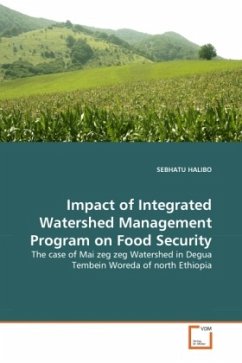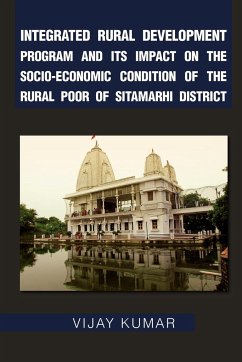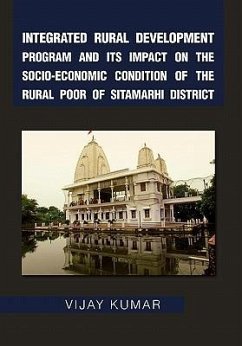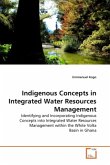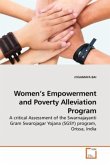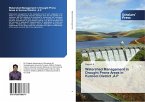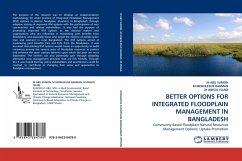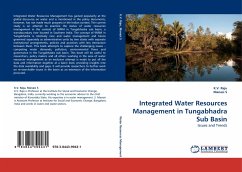This study was conducted in Degua Tembein woreda of the northern highland of Ethiopia. The objective of the study was to assess the impact of the integrated watershed management program on food security in the Mai Zeg Zeg watershed in terms of household income, environment and water coverage. A combination of quantitative and qualitative research methods was employed. As a quantitative tool of analysis descriptive analysis and propensity score matching were used, and for the qualitative purposed the focus group discussion was applied. In terms of income the program participants have enjoyed an average annual gain in the total household income between ETB 566.170 and ETB 340.098. With regard to environmental impact the study findings showed that there are two major benefits of increased vegetable coverage and increased water discharge in down streams of the constructed SWC measures. The estimated results on average time to fetch water showed that the non- participants need more extra time between 105.024 and 119.277 minutes, which implied that the program participants have better access.

